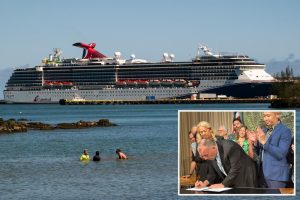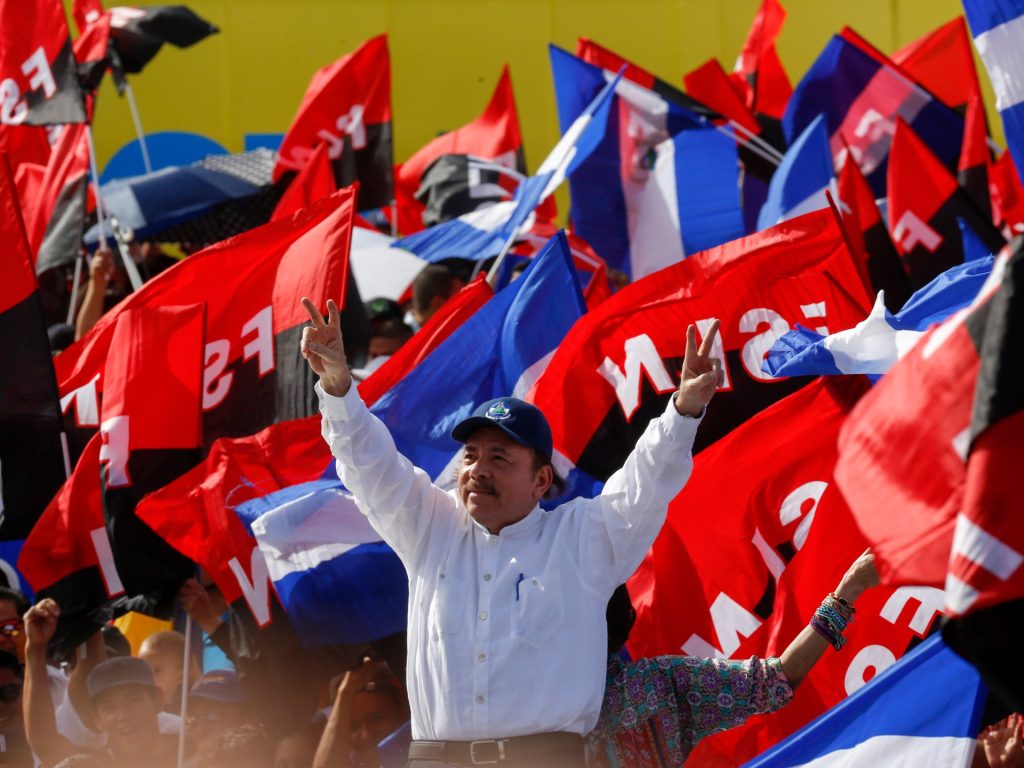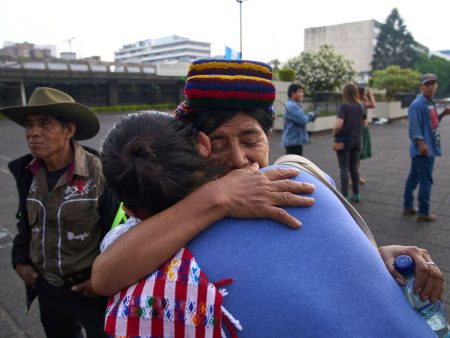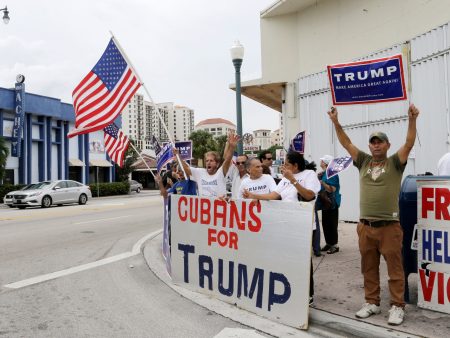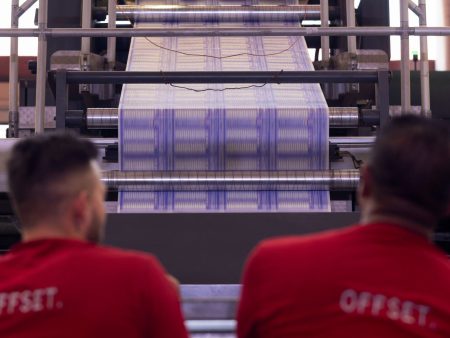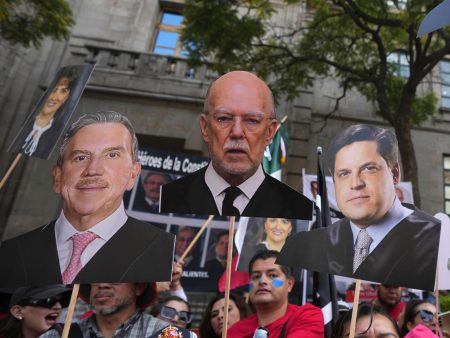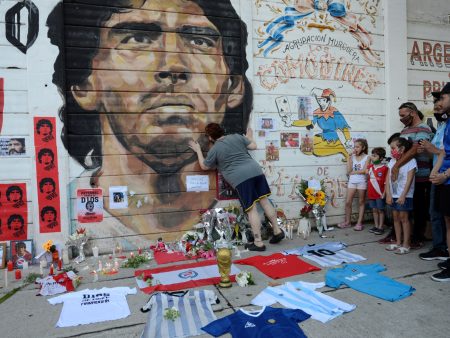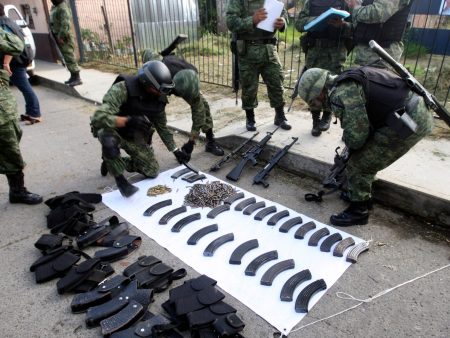The Office of the United States Trade Representative (USTR), a federal agency responsible for developing and coordinating US trade policy, has initiated an investigation into the Nicaraguan government’s alleged persistent violations of labor rights, human rights, and the rule of law. The investigation, announced on International Human Rights Day, stems from credible reports of repressive actions by the government, including politically motivated arrests, extrajudicial killings, and worker exploitation. These actions, the USTR argues, not only undermine fundamental human rights but also negatively impact economic growth and trade opportunities within Nicaragua and the broader region. The investigation highlights the Biden administration’s commitment to a worker-centered trade policy, which emphasizes the importance of protecting labor rights in international trade agreements.
The USTR’s investigation, launched under the Trade Act of 1974, empowers the agency to examine policies that could adversely affect US commerce. This action marks the latest in a series of US measures targeting the Nicaraguan government under President Daniel Ortega and his wife, Co-President Rosario Murillo. Previous actions include sanctions against Nicaraguan officials and judges implicated in human rights abuses, such as the stripping of citizenship and property from political dissidents. The US government views these actions as a systematic effort to silence opposition and consolidate power. The investigation signals a deepening concern within the US government about the deteriorating human rights situation in Nicaragua and the potential spillover effects on regional stability and trade.
The US has a long and complex history with Nicaragua, marked by periods of intervention and support for various political factions. Ortega, a key figure in the 1979 Nicaraguan revolution that overthrew a US-backed dictator, has had a historically fraught relationship with the US government. His first presidency (1979-1990) was characterized by conflict with US-funded Contra rebels. Since returning to power in 2007, Ortega has progressively consolidated control over various branches of government, raising concerns about democratic backsliding. Recent moves by the Nicaraguan National Assembly to expand presidential powers, extend presidential term limits, and increase government control over media and the Catholic Church have further fueled these concerns. Ortega’s government justifies these measures as necessary to protect against foreign interference, often blaming the US and other international actors for fostering dissent.
The USTR’s investigation coincides with growing international alarm over the human rights situation in Nicaragua. Independent human rights organizations have documented widespread abuses, including torture, arbitrary detentions, and restrictions on freedom of expression. A recent report by the Nicaragua Never Again Human Rights Collective, a group based in Costa Rica, details harrowing accounts of torture experienced by political prisoners, including beatings, rape, death threats, electric shocks, and extended periods of isolation. These reports paint a grim picture of systematic repression and state-sponsored violence against those perceived as critical of the Ortega regime.
The 2018 protests, sparked by proposed social security reforms, marked a turning point in Nicaragua’s recent history. The government’s brutal crackdown on the protests led to hundreds of deaths and thousands of detentions, triggering international condemnation. Human rights organizations, such as the Inter-American Commission on Human Rights, have documented the extensive human rights violations that followed the protests, including the targeting of journalists, human rights defenders, and political opponents. The USTR’s investigation reflects the international community’s increasing concern over the ongoing repression and the lack of accountability for past abuses.
The US government’s investigation into Nicaragua carries significant implications. It signals a willingness to use trade policy as a lever to address human rights concerns. The outcome of the investigation could potentially lead to trade sanctions or other measures aimed at pressuring the Nicaraguan government to improve its human rights record. However, the effectiveness of such measures remains to be seen, given the complex political and economic landscape in Nicaragua and the region. The investigation adds to the growing international pressure on the Ortega government, but it also underscores the challenges of promoting human rights through trade policy. The interplay between trade and human rights remains a contentious issue, and the USTR’s investigation will likely be closely watched by other countries grappling with similar dilemmas.

